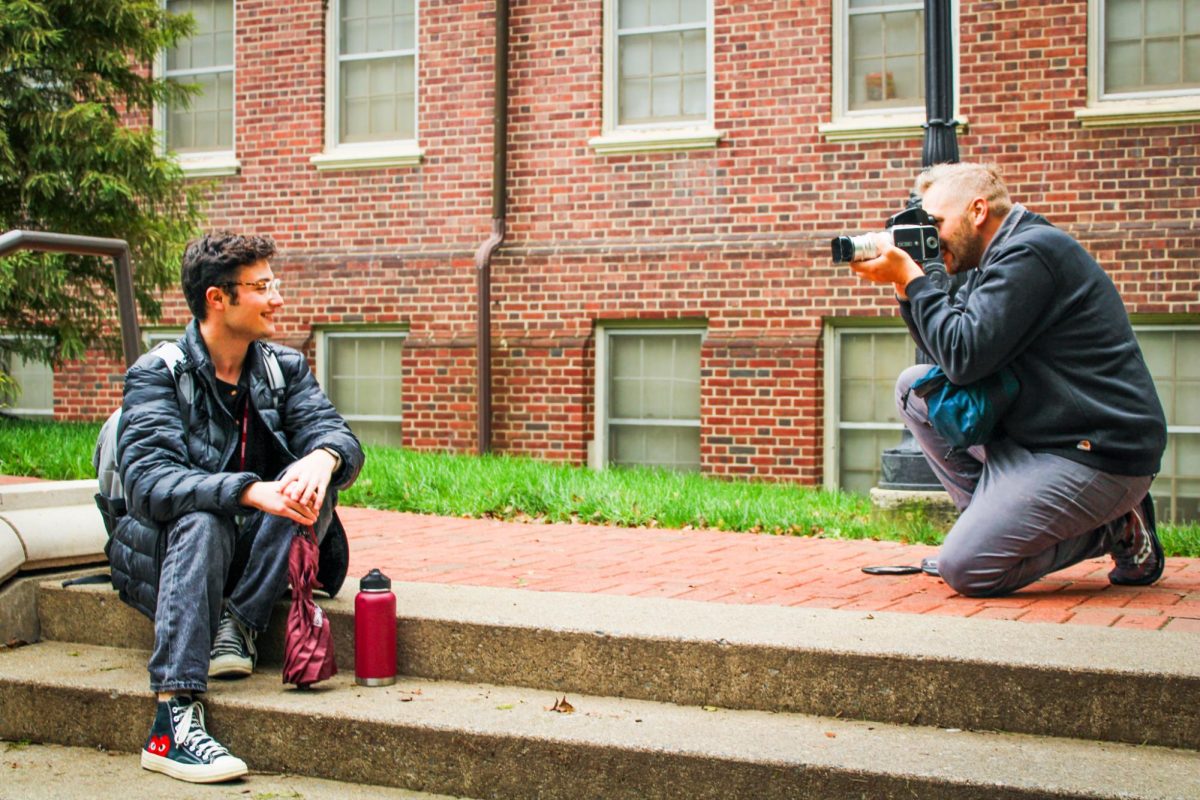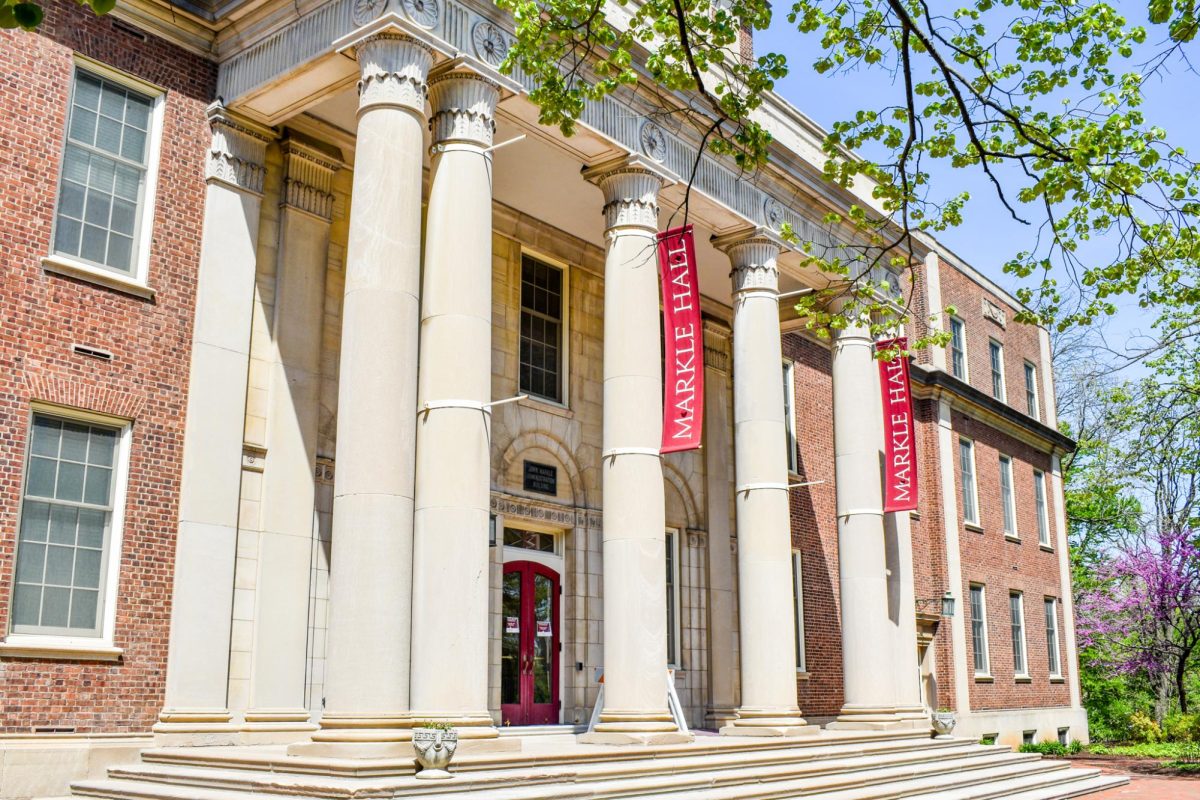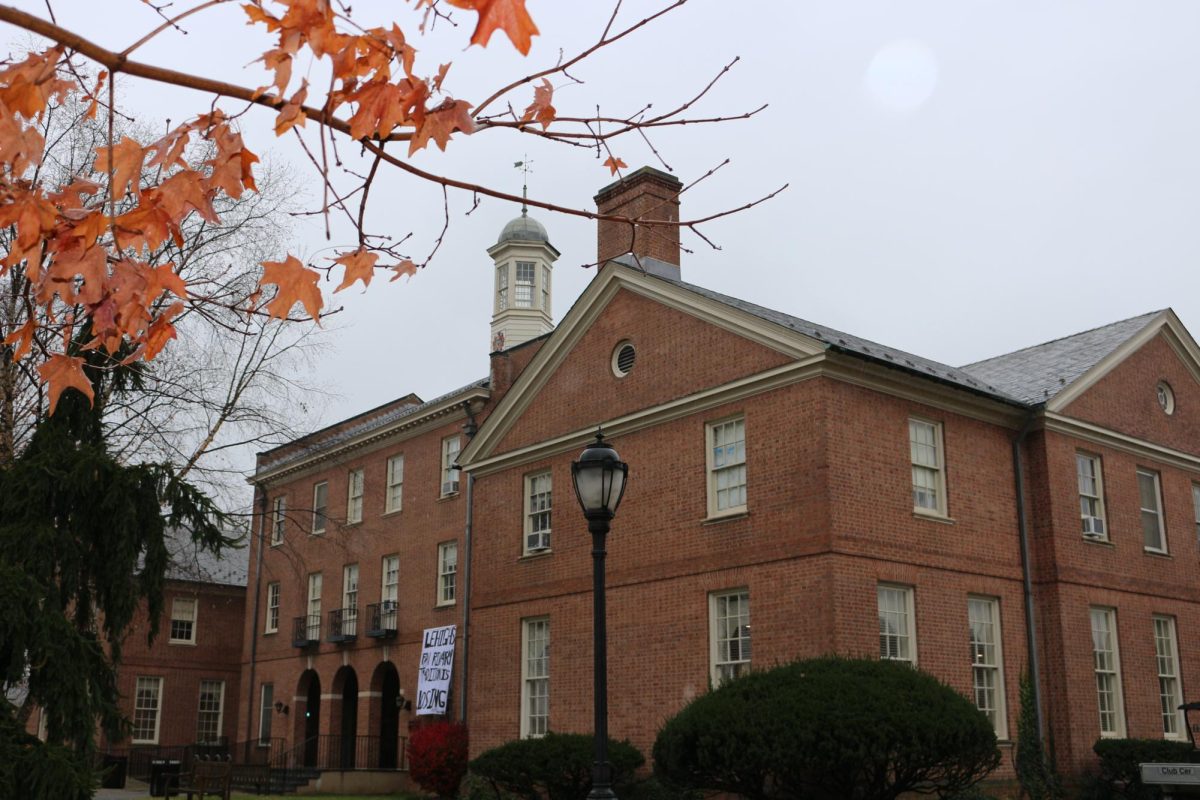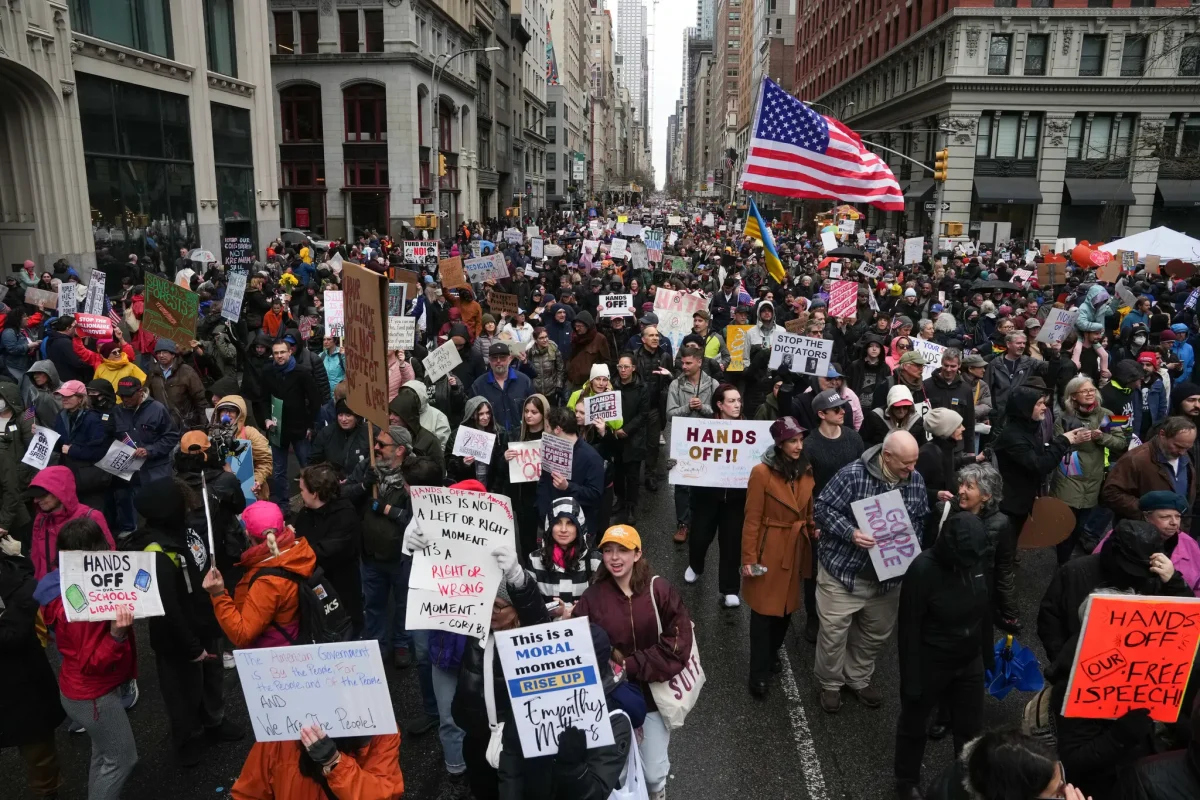Political scientist Joseph Nye discusses the future of US power
Harvard professor and famed international relations scholar Joseph Nye gave a lecture last Thursday discussing the future of American power to the Lafayette community.
“Is the American century over?” was the second installment in the Robert ‘69 and Margaret Pastor lecture series that brings prominent figures in International Affairs to Lafayette. Nye is the author of 16 books on American foreign policy and has held numerous positions within the foreign policy circles.
The lecture focused on the perceived decline of U.S. power in recent years. Nye outlined his thoughts on the U.S.’s place in the world today concluding that the fall of America is not an absolute decline but rather an outcome devised by the US itself.
“The American policy was to have the rise of the rest,” Nye said. “That’s what the Marshall plan was about. So in essence we deliberately engineered a relative decline. Now should you think of that as something bad or good? I think it was good.”
“He did a very measured job at outlining a number of problems that the United States will face over the next 30 years,” professor Joel Shelton said. “But more importantly outlining the enduring strengths of the United States that make it unlikely that the country will decline in absolute ways over the next 30 years.”
Nye also gave a warning to the audience about how international politics should be studied.
“In the context of power transition and power diffusion, to quote Nye, we’re using terminology from the 19th century to examine or explain problems of the 21st century,” Shelton added. “I think that really that was his most powerful statement.”
The lecture was a recap of ideas developed in his works, according to students who had read one of his works for class.
“I think it was illuminating if you hadn’t read his book but it was a bit dry if you had,” said Olivia Heitz ‘18, who read “The Future of Power” in her international politics class.
Nye followed his short lecture with a question and answer session that brought forth inquiries on topics ranging from America’s relation to the European Union and China to how the unrest in Ferguson and Baltimore is impacting America’s soft power, a term coined by Nye to describe a country’s attractiveness to others and their ability to co-opt rather than coerce.
“It was really neat to be able to have students read his book, contest his book, talk about his book, position Nye within the pantheon of thinking about international relations and then to actually have him here discussing his work and able to take questions from students,” Shelton said. “That’s a different level of engagement you get than from just reading a book at distance and never being able to connect that person’s arguments with their position, with their politics.”
The talk was funded by the Pastor family, who wanted to create an International Affairs lecture series that would bring distinguished policy makers, political activists and scholars to Lafayette. Robert Pastor passed away in January 2014, so Nye’s lecture was the first following his death. The lecture also had added meaning as Nye was Pastor’s dissertation advisor at Harvard when Pastor was in grad school, according to Professor David Stifle, a member of the Pastor lecture series steering committee.
“I think that we’re really fortunate,” Claudia Rodriguez ‘17 said, “to have a fund set up to have people of that caliber come.”






















































































































![Nye poses with Professor Stifel, President Byerly and members the Pastor family. [Photos by Clay Wegrzynowicz ‘18]](https://lafayettestudentnews.com/wp-content/uploads/2015/05/JoeNye4_Clay18.jpg)